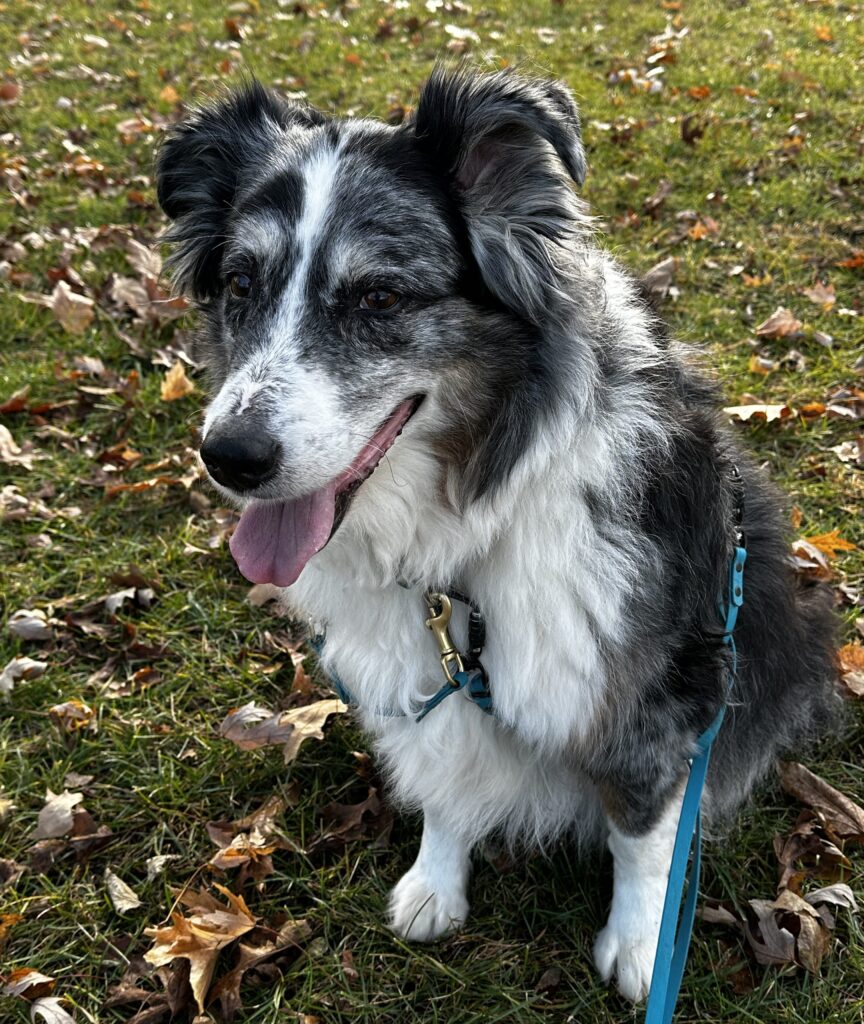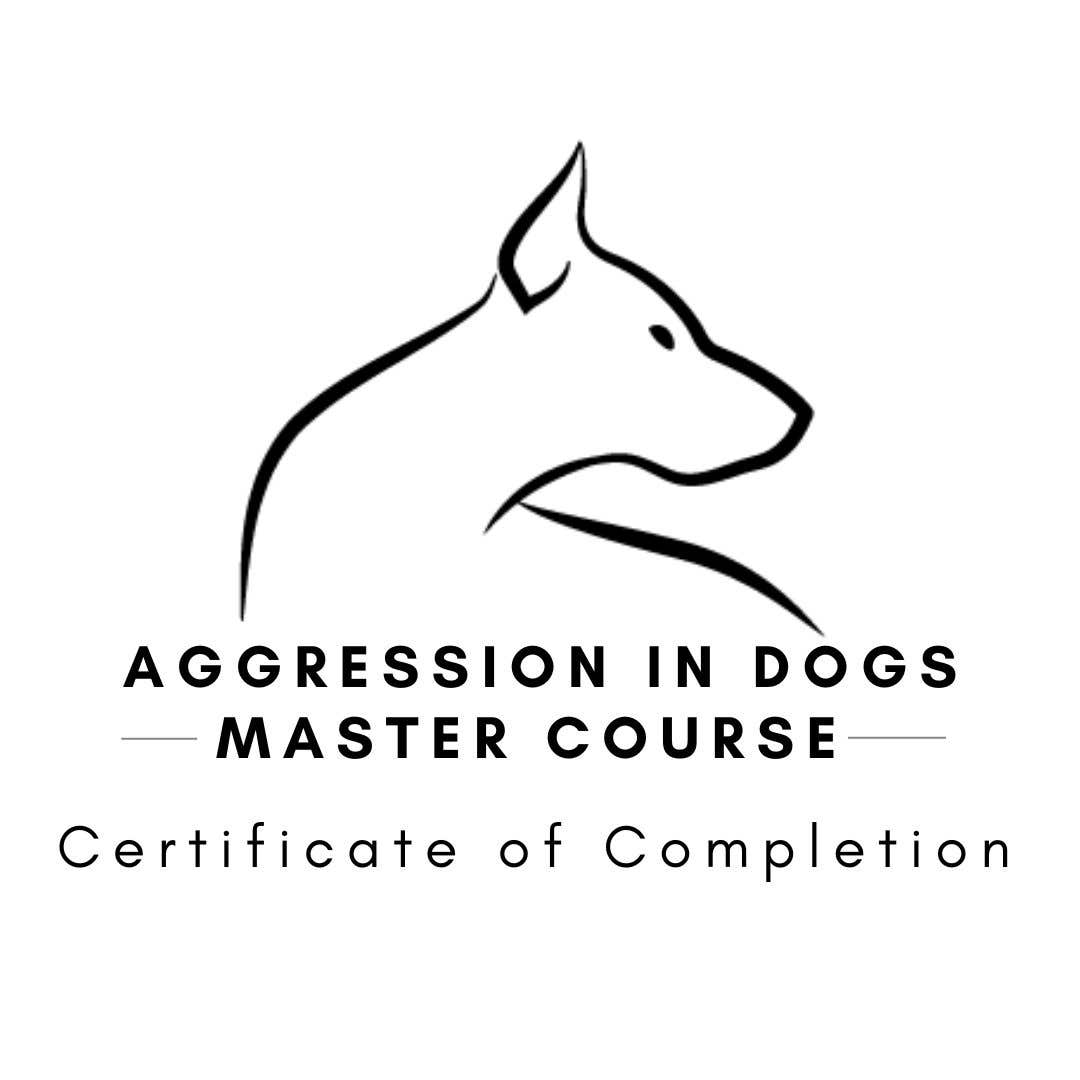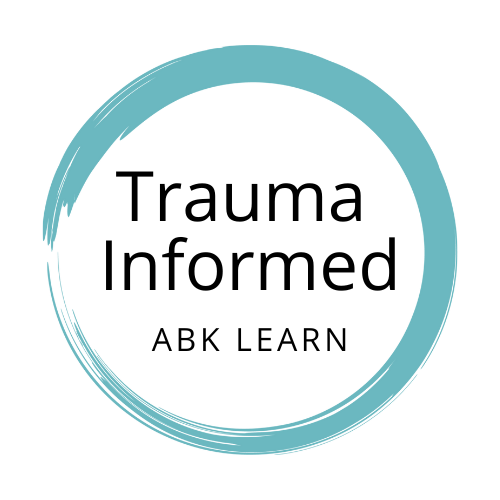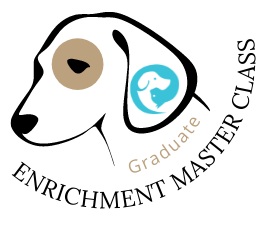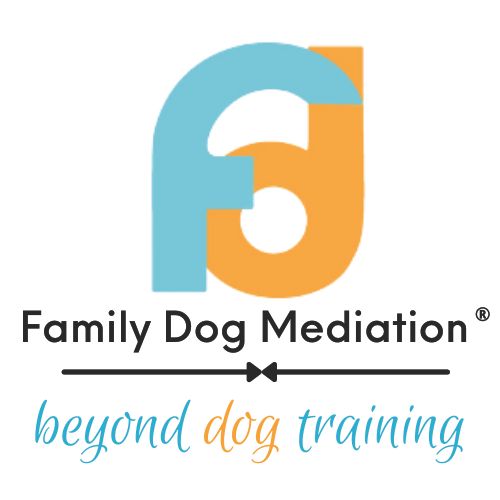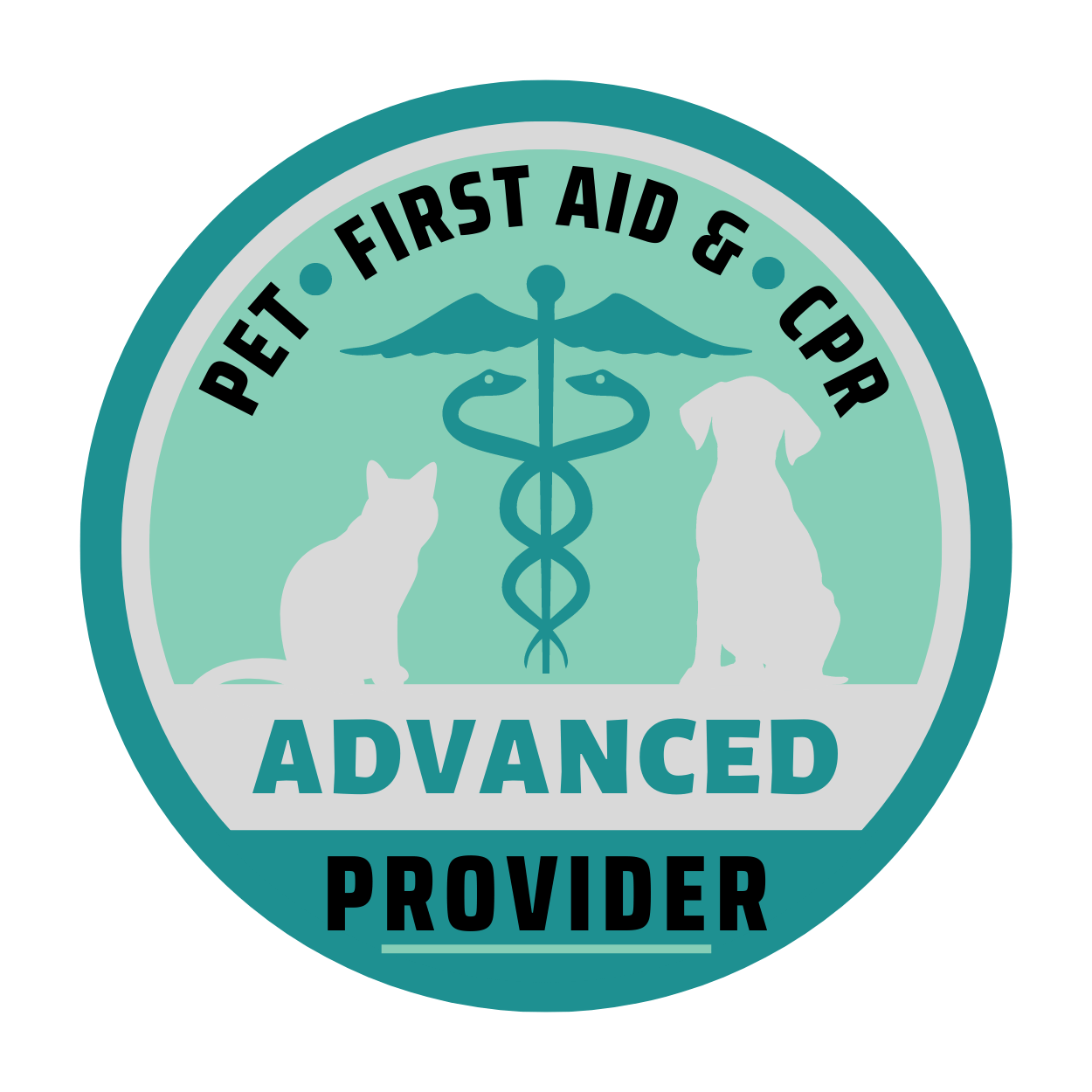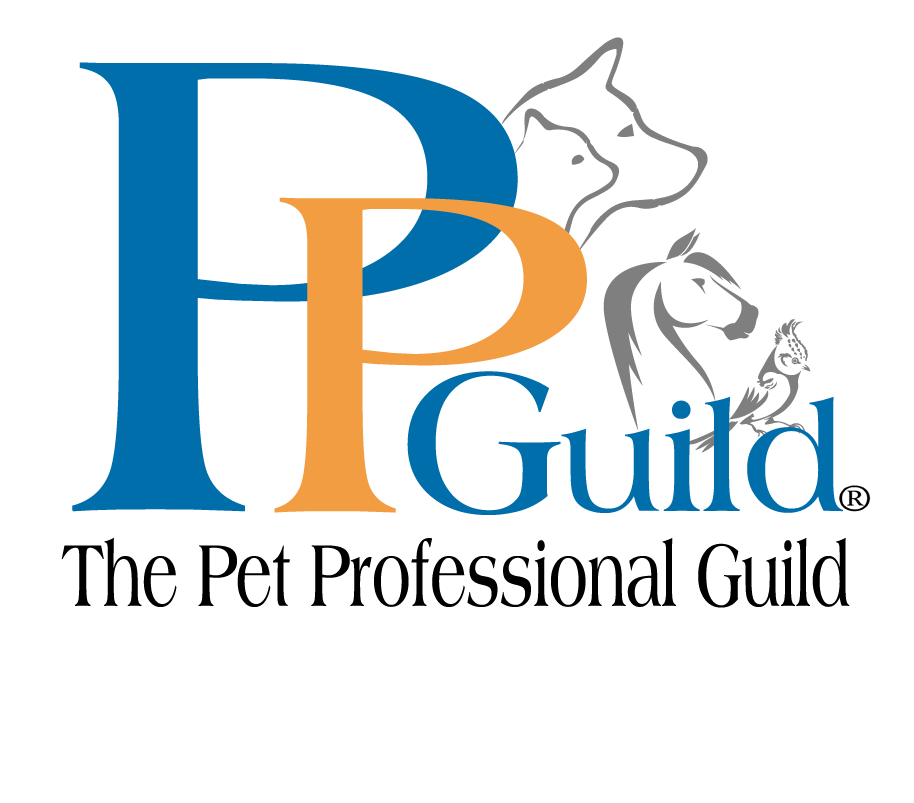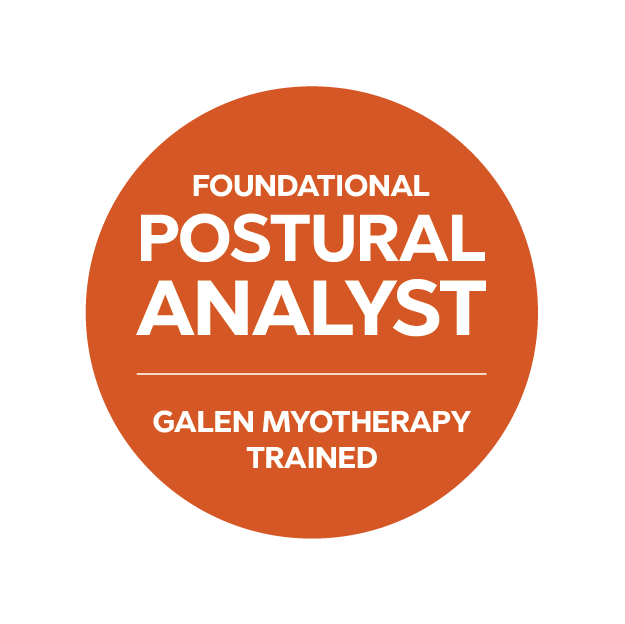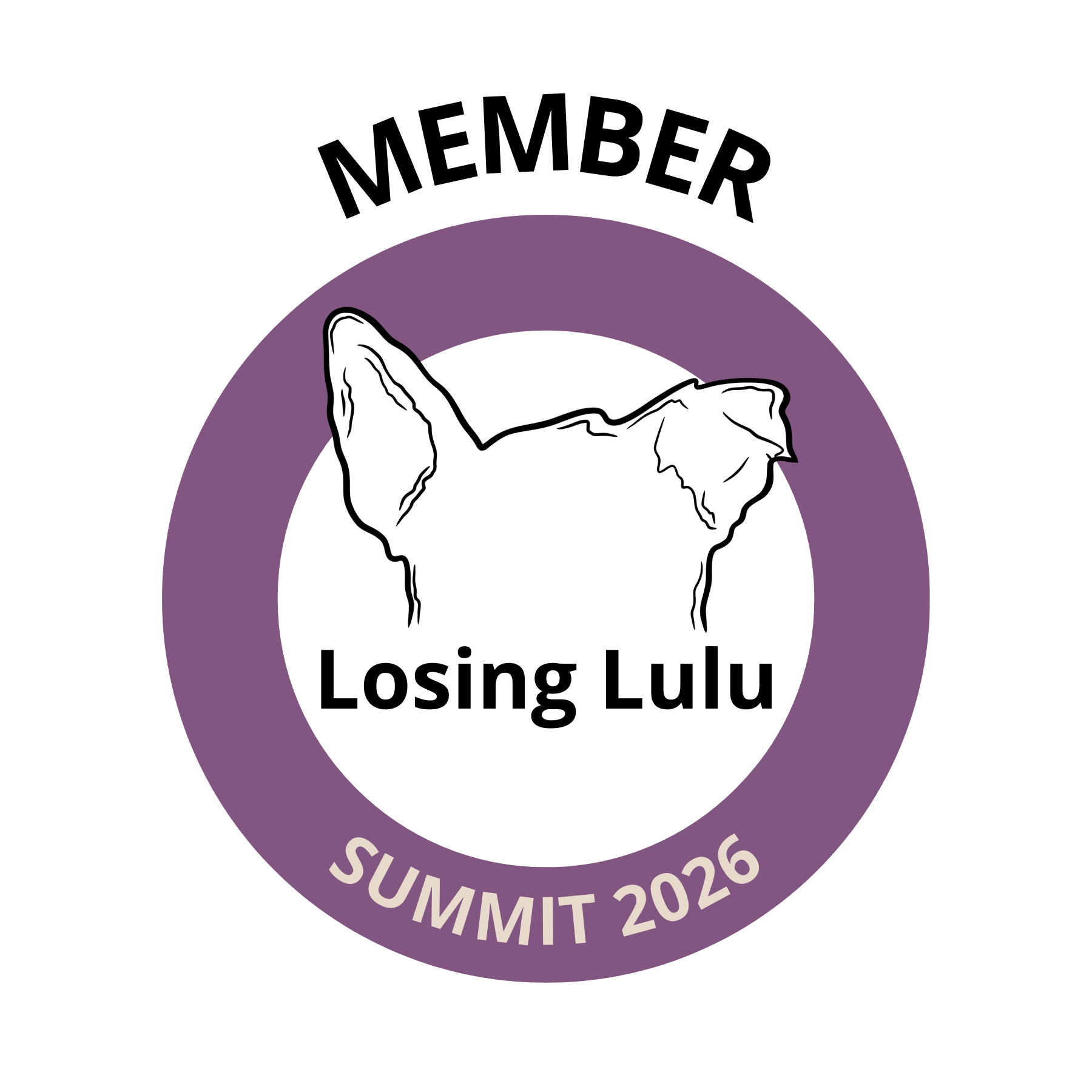Teaching dogs. Coaching humans. Building trust.

If your dog is …
… new to your home;
… fearful or anxious;
… reactive on walks;
… growling near food/toys;
… fighting with other dogs;
… barking at visitors;
… pulling on leash;
… not coming if called.
Need help training a Skilled Companion Dog? I can help!
Help for ALL of your training needs!
Which dog training service is right for me?
Not sure which service fits your situation?
What Clients Are Saying
Kelsey B. – Private In-Home Training client
“Shout out to Crimson Hound Training for all your dog training needs! I am so thankful for Kerrie’s guidance over the last few years.”
The right fit for all of your training needs!
BEYOND Traditional Training
Training with Crimson Hound focuses on teaching practical life skills—not just obedience—through positive, relationship-based methods. Together, we’ll build clear communication, strengthen trust, and help your dog learn the tools they need to thrive in the real world.
Ethical, Low Stress Training
My training is rooted in ethical, rewards-based methods that never rely on pain, fear, or force. As a Fear Free Certified Professional, I prioritize your dog’s emotional well-being and will never use—or recommend—aversive tools like choke, prong, or shock collars. Training should build trust, not fear.
Success Beyond the Session
Training doesn’t stop when the session ends. You’ll receive a custom homework plan along with relevant handouts and videos to guide your practice. I offer ongoing support between sessions, and you’re always welcome to check in, ask questions, or share videos. My goal is to give you the tools and guidance needed for lasting success.
Qualified. Certified. Committed
The dog training industry is unregulated—anyone can call themselves a trainer. I’ve chosen a different path. As a Certified Dog Behavior Consultant and Professional Dog Trainer, I’ve invested in formal education and have demonstrated my knowledge through rigorous, science-based exams with international certification boards. You—and your dog—deserve nothing less.
Platinum Award recipient for Best Pet Training by La Crosse CommunityVotes for 2024 & 2025.
Voted a Sniffspot Best Dog Trainer in Wisconsin since 2023.
Based in La Crosse, Wisconsin, Crimson Hound, LLC offers compassionate, expert-led training and support for dogs and their people. I am a Certified Dog Behavior Consultant and Certified Professional Dog Trainer, providing private in-home sessions throughout the Coulee Region, as well as virtual sessions, online courses, and pet loss grief support.
What Clients Are Saying
Kathy I – Private In-Home Training client
“Kerrie Hoar is a wonderful dog trainer, should you need one. I heartily recommend her.”


